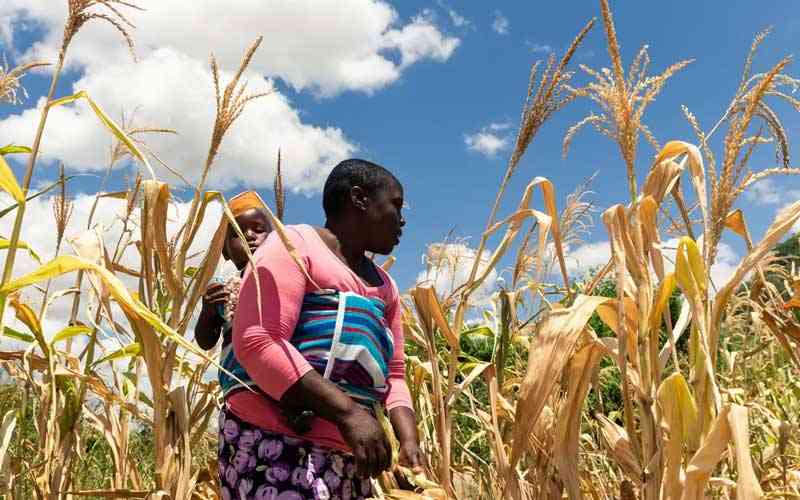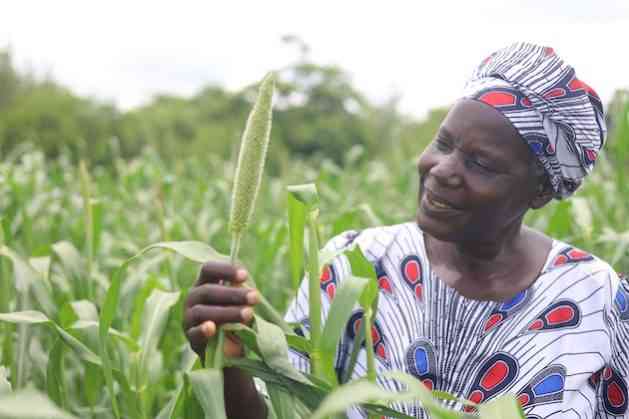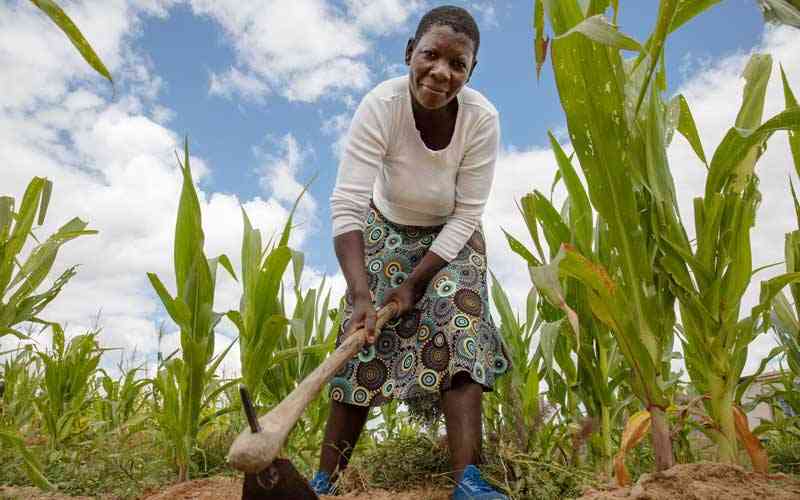
With drought being touted as the key climate change-related risk in Zimbabwe, erratic rainfall patterns have triggered a wave of food insecurity in recent years.
According to the World Food Programme (WFP), at least 70% of the population in the country depends on rain-fed agriculture with the majority of farmers having minimal productivity.
According to the WFP Zimbabwe Country Brief of August 2022: “The 2022 Zimbabwe Vulnerability Assessment Committee’s rural and livelihood assessment estimates that about 30% of the rural population is estimated to be food insecure at the start of the lean season (October to December 2022), while 38% (3.8 million) are projected to be food insecure during the peak (January to March 2023). The findings show a deteriorating food security situation in the country from a peak of 27% in early 2022.”
The report paints a gloomy picture of the food security situation in the country. It is a call to action for relevant stakeholders to find lasting solutions to the problem that threatens daily livelihood in a country that used to be the bread basket of southern Africa.
It is against this background that the Insurance and Pensions Commission of Zimbabwe (IPEC) is spearheading the introduction of index insurance to cushion farmers against the effects of climate change.
Ipec director of insurance and micro-insurance Sibongile Siwela said the insurance regulator is on a drive to create awareness on weather-based index insurance and area yield index insurance to encourage uptake by insurers and the general public.
“As part of its role in developing the (insurance) industry, IPEC is also responsible for developing the industry in terms of the weather-based index insurance,” Siwela said.
“Actually we call it index insurance because there is also the area-yield index insurance.
- Over 300 pension funds idle
- Over 300 pension funds idle
- Govt to distribute grain as hunger stalks millions
- Zim’s urbanites facing high prices
Keep Reading
“We want to develop the market so that our people are able to take this form of insurance to protect themselves in the event that there is a climate change –related risk that has affected them.”
Siwela said the insurance regulatory body has partnered with Access to Insurance Initiative for the past 12 months in developing a pilot product specifically for small-holder farmers, which will be sampled in Goromonzi.
The product is being designed in consultation with stakeholders in the farming and the insurance value chain.
“We had the Agriculture ministry official, ministry of Finance, Women Farmers Association, commercial farmers as well as the insurers,” Siwela said.
“So we came up with a prototype product, which we are finalising.
“We are also working with the International Finance Corporation, which is an arm of the World Bank in our efforts to develop this product in the market.
“We are looking at coming up with a regulatory framework to guide the industry and also bring together stakeholders in the insurance value chain to come together and focus on this cause.”
Farmers were encouraged to take up index insurance to guard against losses that may be incurred to climate change-related shocks.
Climate change ranks high on the list of risk factors behind food insecurity in Africa along with political instability, poor agriculture development, population growth and urbanisation.
WFP has dubbed 2022: “The year of unprecedented famine” and notes that in the past two years, the number of severely food‑insecure people around the world has more than doubled to 276 million. There is a real risk that multiple famines will be declared in 2022.
“And 2023 could be even worse,” WFP said.
“The main costs to farmers are fertilisers and energy.
“Fertiliser prices have risen by more than half in the past year and energy prices by more than two thirds.
“All harvests will be hit, including rice and corn — affecting billions of people across Asia, Africa and the Americas.
“This year’s food access issues could become next year’s global food shortage.
“No country will be immune to the social and economic repercussions of such a catastrophe.”
The food security situation in Zimbabwe and the world could be improved if coordinated efforts are made in reducing the effects of climate change through adoption of climate-smart agricultural practices, planting of drought-tolerant crops and technological innovations.









